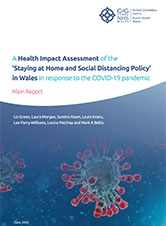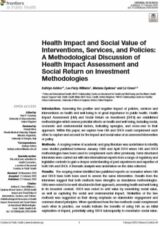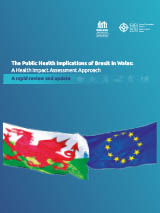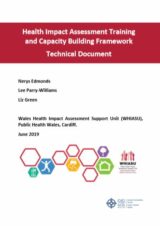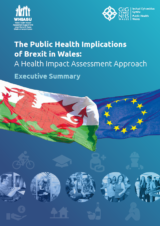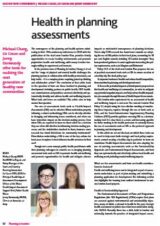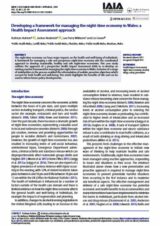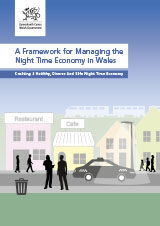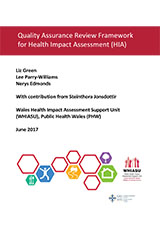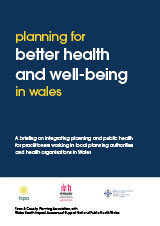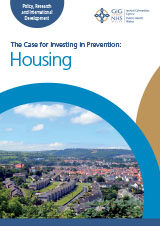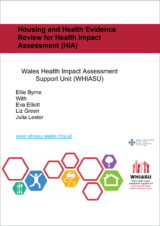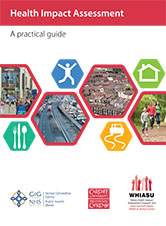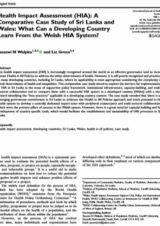
Health Impact Assessment (HIA): A Comparative Case Study of Sri Lanka and Wales: What Can a Developing Country Learn From the Welsh HIA System?
The health impact assessment (HIA) is increasingly recognized around the world as an effective governance tool to incorporate Health in All Policies to address the wider determinants of health. However, it is still poorly recognized and practiced in many developing countries, including Sri Lanka, where its applicability is most appropriate considering the complexity of social determinants of health and inequalities. This comparative case study aimed to explore the barriers for implementation of HIA in Sri Lanka in the areas of supportive policy framework, institutional infrastructure, capacity-building, and multisectoral collaboration and to compare them with a successful HIA system in a developed country (Wales) with a view toward identifying the “best practices” applicable in a developing country context.

